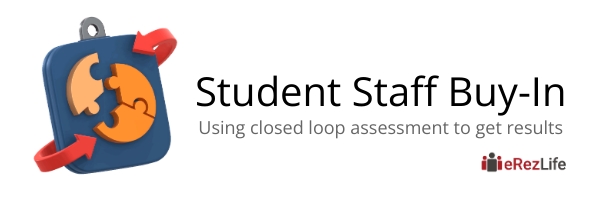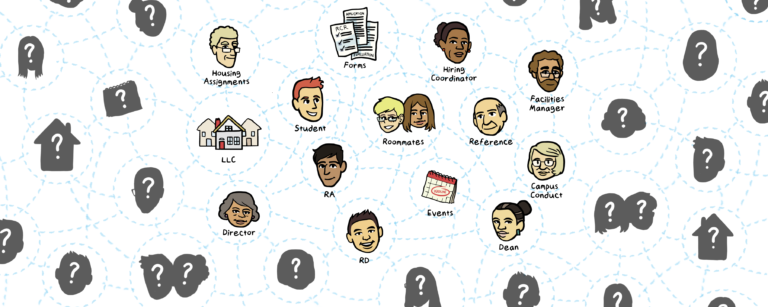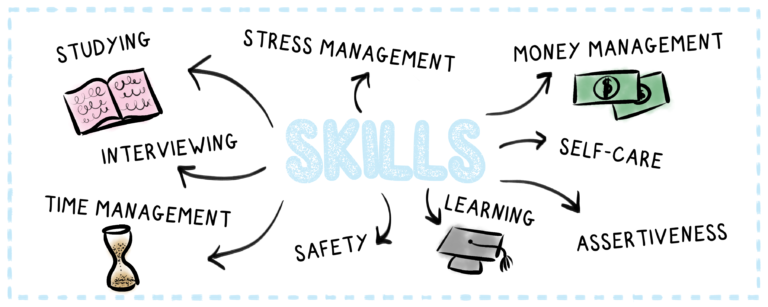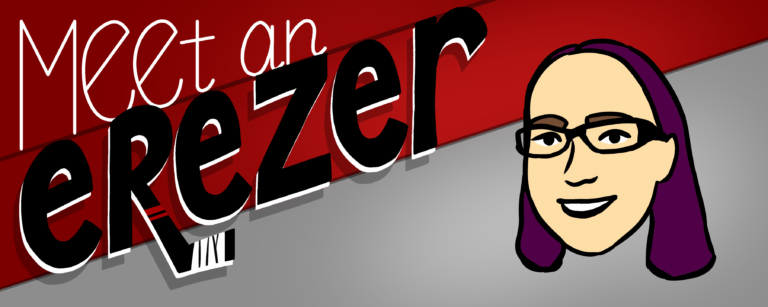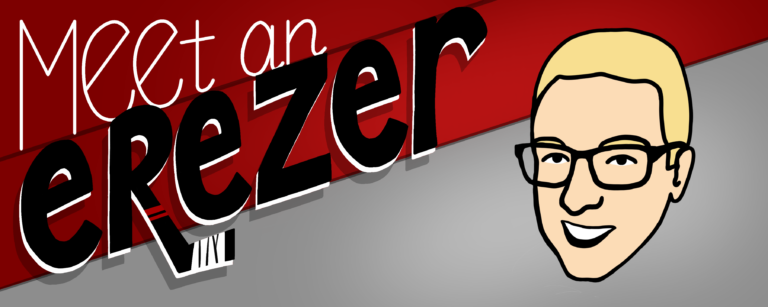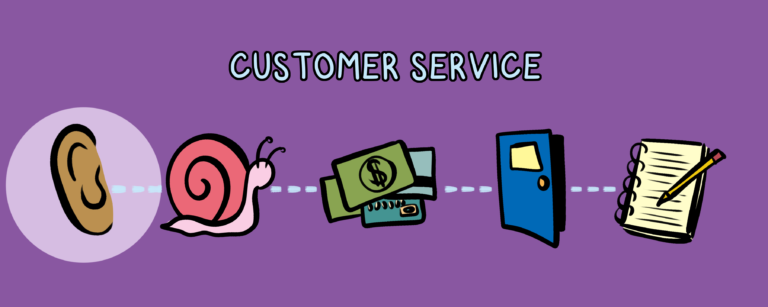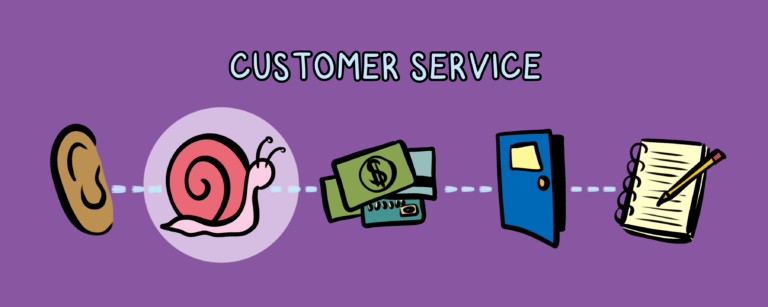Oh, hey! Welcome to the community.
Why is it so difficult to get student staff buy-in to document the intentional ways they engage the residential community?
The end of the academic year provides us both the opportunities to reflect on the past year and strategically plan for the one ahead. You may have found that the data that tells the most comprehensive story about your students is the hardest to collect. We need our student staff members to document their interactions with their residents so we can better understand the lived experience of our students.
When we highlight the significance of the role of student leadership in helping create that community, we help our student staff see why their work in documenting intentional interactions is so important. In Beyond Seat Time and Student Satisfaction: A curricular approach to residential education, Kerr and Tweedy (2006) addressed that facilitating “intentional, planned, and structured learning experiences … help our students see themselves as members of communities of learners.”
Authentic engagement is impactful because it taps into the way our students connect with one another: on a personal, individual basis. This might be the very same reason why student staff find it tedious to document these interactions, as it can take the genuine feeling out of their engagement with residents. You can help student staff members understand the value of documenting interactions by explaining why we facilitate them in the first place. If you’re looking to generate more buy-in from your student staff this upcoming academic year, consider the value in closing the feedback loop with them.

We need to make meaning of the interactions our staff members are documenting and share that story back with those who invested their time and heart into making it happen. Understanding the why matters because it can help provide vision and purpose to what might be an overwhelming process.
Lauren Bergholtz Oliver, the Assistant Director for Residential Learning at the University of Mississippi, talks about integrity in using their data to help student staff understand why they are logging thousands of individual interactions each year. While student staff might only have insight into their assigned individual interactions, the professional staff team is able to use all of the data from these interactions across campus to paint a picture of how their student body values their peer leaders. A holistic view of this data can help student staff find their work more rewarding and purposeful.

Jeannie Hopper, the Associate Director for Residential Learning at the University of Mississippi, explains the impact of closing the feedback loop during a really critical time on campus, when students needed to process protests and current events with their peer leaders. She articulates the impact of data on highlighting how residents seek support and how data can help to showcase the impact and value of student staff members.
You might be thinking, what could closing the feedback loop look like for my campus? In Assessment in Student Affairs: A Guide for Practitioners, Upcraft and Schuh (1996) advised on asking the right questions to gain the trust and buy-in from your stakeholders:
- Who should know about the findings?
- In what form should the findings be disseminated?
- What opportunities should the recipients have to react to the report?
- When should the results be sent?
As you prepare for the upcoming academic year, consider your intended learning outcomes, the data you’ll need to measure their success, and the stakeholders who will be involved. Your annual student staff training could be a great time to talk to your staff members about what you learned this past year, and why you’re asking them to do different components of their job in the year to come.
eRezLife has powerful reporting tools and skilled staff to help you throughout your assessment journey. As you’re looking to collect, analyze, and interpret data from your programs and services, reach out to [email protected] to see how we can help you do so efficiently and effectively.
Welcome to the community. We’re glad you’re here.
